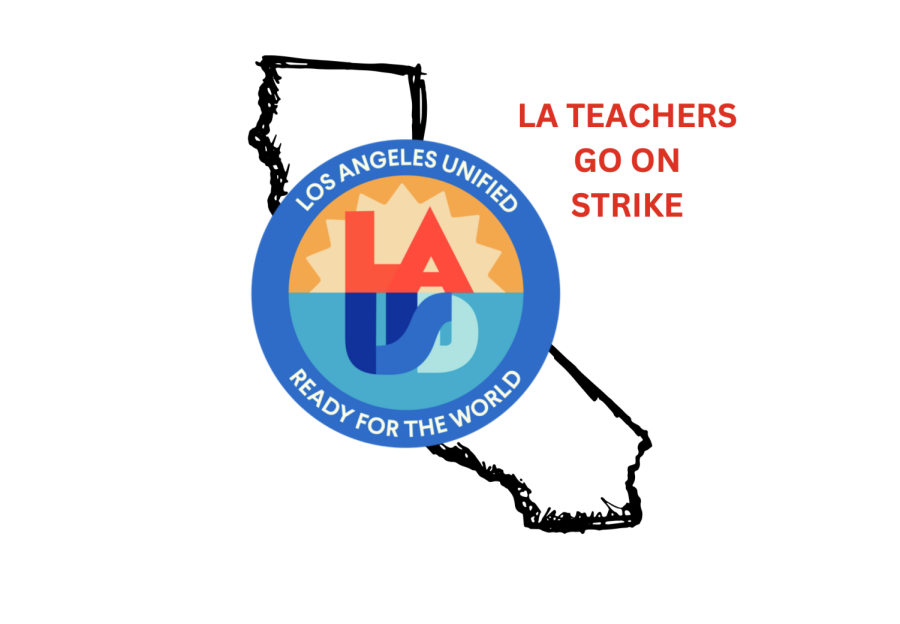On Tuesday, March 21, the second largest school district in the United States shut down, affecting nearly 422,000 students due to a three day strike. All heads have turned towards California, where teachers are protesting for their pay by striking until change is made.
Three days of school have been called off as a strike takes place. Over 30,000 members of the Los Angeles Unified School District are demanding for change.
Living in Southern California, teachers claim that getting paid just above minimum wage is not enough to get by in stable conditions.
Leading the strike is the union representing 30,000 employees of this school district, and tens of thousand others followed their lead, including bus drivers, special education assistants, lunch ladies and more.
LAUSD is seeking a 30% raise for all, a $2 per hour raise for the lowest paid and other bonuses for part-time employees. Other counter proposals have been announced by the district, but as of today none reach the same demands as the first proposal from the Service Employees International Union.
Dr. Lynne Lundberg, an English teacher at PV offered her thoughts after hearing about the LA news. “Teachers resort to striking when they see no other route to progress toward their goals,”she said. The goal for this strike was for higher pay, and her perspective as a member of the teacher’s union makes their reasoning clear.
“I’ve watched many good teachers leave the profession because they could make a much higher salary in another profession. As a society, we should think about whether we think it’s acceptable that a beginning teacher probably needs another job to pay basic living expenses and that many teachers can’t afford to live in the communities in which they teach,” Lundberg states.
This strike is drawing attention for a change for the better for the teachers in LA. However, other states do not have this same opportunity to enact change. As outlined in the Iowa legislation, any teacher or district employee will be terminated from their position if they were to participate in a strike.
Until 2017, teachers’ bargaining rights were still legal in Iowa. When these rights were eliminated, however, the teacher union was left in the state’s hands with little to no power. “I’d like to believe that every school and every community values teachers and wants them to be fairly treated and fairly compensated. The problem in Iowa is that nearly all we teachers can do is hope that that’s the case,” Lundberg expressed.
Teachers around the nation are struggling to afford a good quality of life due to their pay, but not all have the opportunity to speak out. Teachers have resorted to shutting down thousands of schools and affecting almost half a million students to let their voices be heard. As California teachers bring greater awareness to the issue, teachers in other states like Iowa can only passively wait for change.









